Our roles and what we do
We carry out our statutory duties by focussing on five main areas of work. They are visiting people, monitoring the Acts, investigations, information and advice, and influencing and challenging.
This section has information about the main activities we carry out in order to fulfil this role.
Watch this short film made for the Commission's 60th annversary, and read more below.
Find out more about the history of the Commission here.
Our Board
The Chair and members of the Board are appointed by Scottish Ministers in line with the Commissioner for Public Appointments in Scotland's Code of Practice.
They bring a wealth of experience and knowledge to the Commission, in using and managing mental health and learning disability services.
The Board sets the strategic direction for the Commission and ensures efficient, effective, and accountable governance.
Our Chair

Sandy Riddell trained in social work and has held director level posts in social work, housing, education, and health and social care, including his final role before retirement as Fife’s director of health and social care.
Sandy has substantial experience at a national level in shaping policy and legislation in adult health and social care, children’s services, substance misuse, and justice services. He was president of the former Association of Directors of Social Work and founded Social Work Scotland.
He has been a member of the Mental Welfare Commission since 2017 before his appointment as Chair in April 2019. Sandy also serves as a member of Grampian NHS Board.
He is passionate about the need to develop a rights-based approach for services and is committed to the Commission continuing to fully playing its part in progressing the long awaited national reforms in mental health currently underway.
Our Board members

Nichola Brown (co-chair of the Advisory Committee) joined the Board in April 2019, as carer representative and is also a designated joint Stakeholder Engagement Champion. She cares for her son who has severe learning disability and complex needs, and brings experience of the challenges for families of navigating services.
She has a background in community development having worked in Public Health within Glasgow for twenty-five years leading a portfolio of work programmes to improve population health, with particular focus on reducing health inequalities.
Nichola left Glasgow in December 2022 to take up the role of CEO of the North Lanarkshire community organisation, PlayPeace. The service offers play sessions and outings to support families of children with additional needs during school holiday periods. It continues to grow and develop its services, driven by families and the children and young people engaged.

David Hall spent over 25 years as a consultant Psychiatrist and Medical Manager in Dumfries and Galloway, and during that time led the redesign of the local Mental Health service, culminating in the development of a new Mental Health facility at Midpark Hospital.
He has held a number of national roles including National Clinical Lead for the Mental Health Collaborative, and for almost 10 years till, 2019, as National Clinical Lead for the Scottish Patient Safety Programme.
He has gained an international reputation in Quality Improvement in Mental Health, and has worked with the Danish and New Zealand governments.
He has also held a number of roles with the Royal College of Psychiatrists, and is currently the RCPsych in Scotland Suicide Prevention Lead, and sits on the National Suicide Prevention Leadership Group.

Kathy Henwood joined the Board in 2023. She has 35 years’ experience in social work, working across local authorities and the third sector, in Scotland and England.
Kathy has predominantly worked with children and families, though started her career working in mental health services and in residential care with older people.
She has worked across child protection committees, been a guardian ad litem and an associate assessor in inspections as part of the Child Protection Reform programme.
She has also been an associate lecturer for the Open University for over 15 years, teaching courses around leadership and management across health and social care.
Kathy is Service Director, Children’s Services and Justice Services with Edinburgh City.

Beth-Anne McDowall joins the board as someone with lived experience of using services. She has spent the last 10 years working to advance rights, entitlements and experience of care-experienced children, young people and adults. Some key areas include the secure care strategic board and writing the secure care national standards, being a co-chair of ‘Best Place in The World’ at The Independent Care Review. She has experience advancing policy and practice in a local authority setting, a national children’s charity and now a health board. She has won two national awards for her work: 2018 YouthLink Scotland and 2022 YoungScot. She was also Scotland’s youngest non-executive director when she was appointed to the board of Children’s Hearings Scotland at 19 where she served for just over eight years.
Advancing rights and entitlements for Scotland’s most marginalised citizens is something Beth is extremely passionate about. Ensuring people receive the right support; in the right place, by the right people, is deeply personal to her. She explains that she is living proof that regardless of background and experiences, with sheer grit, determination, hope, hard work, and courage – anything is possible.

Cindy Mackie is an independent consultant with occupational experience in the public, private, and voluntary sectors and currently performs a number of Associate roles within the area of Health and Social Care regulation.
She is a tribunal member with the Medical Practitioner Tribunal Service, where she is engaged in a decision-making role in Fitness to Practise proceedings, she has also served in this capacity with the Nursing and Midwifery Council and is also currently engaged in this role in the area of Health and Social Care.
She is a lay examiner in membership examinations for the Royal College of Obstetricians and Gynaecologists and is engaged in a Chairing role in Quality Assurance/Educational standards inspections across the UK with the General Dental Council. She holds a position of Independent Assessor also in health practitioner professional development assessments.
Cindy brings knowledge of public protection, safeguarding, healthcare regulation and human rights. She is educated to Graduate level with additional qualifications in human resource management and learning and development.
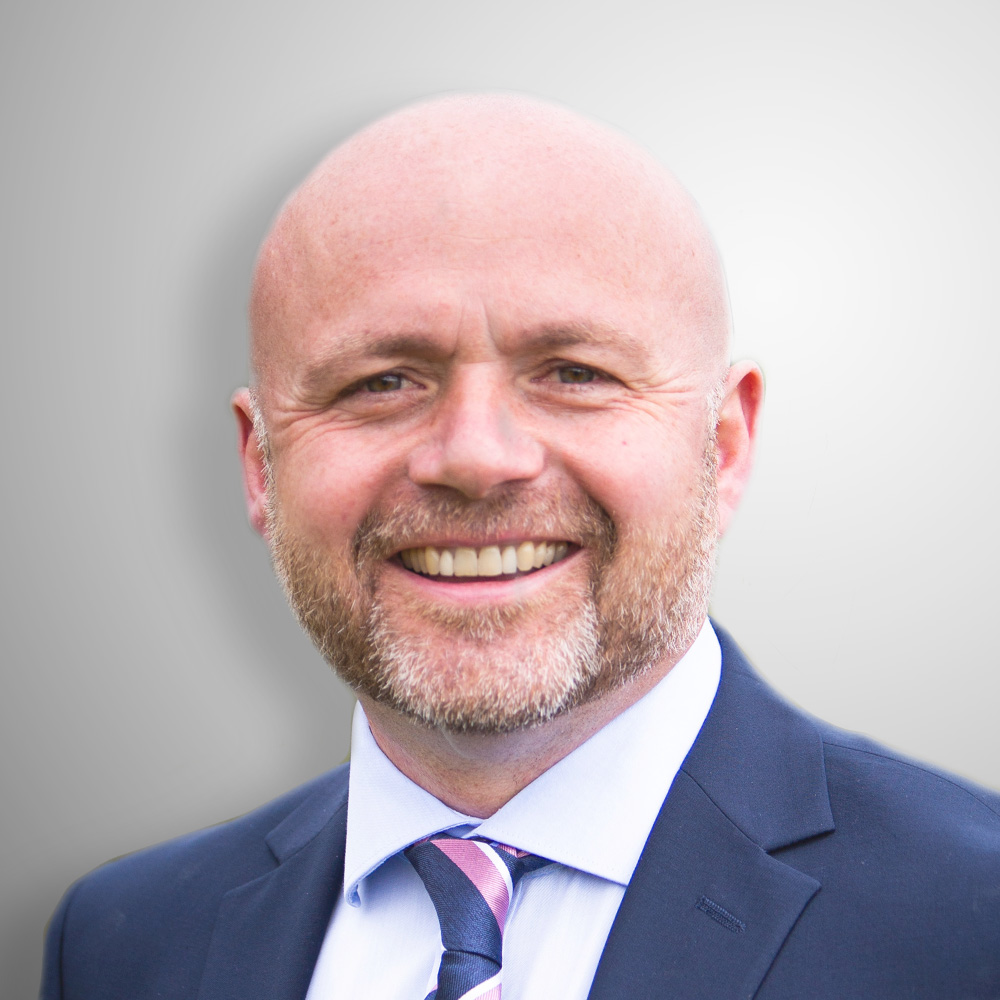
Alan Wright has held a number of senior roles across policing in the last 30 years and has significant experience of corporate governance and transformational change. He is currently a director and vice chair of East Dunbartonshire Leisure and Culture Trust where he provides strategic oversight and guidance to the senior management team. Alan is also a non-executive director of the Scottish Public Pensions Agency and an associate inspector with His Majesty’s Inspectorate of Constabulary.
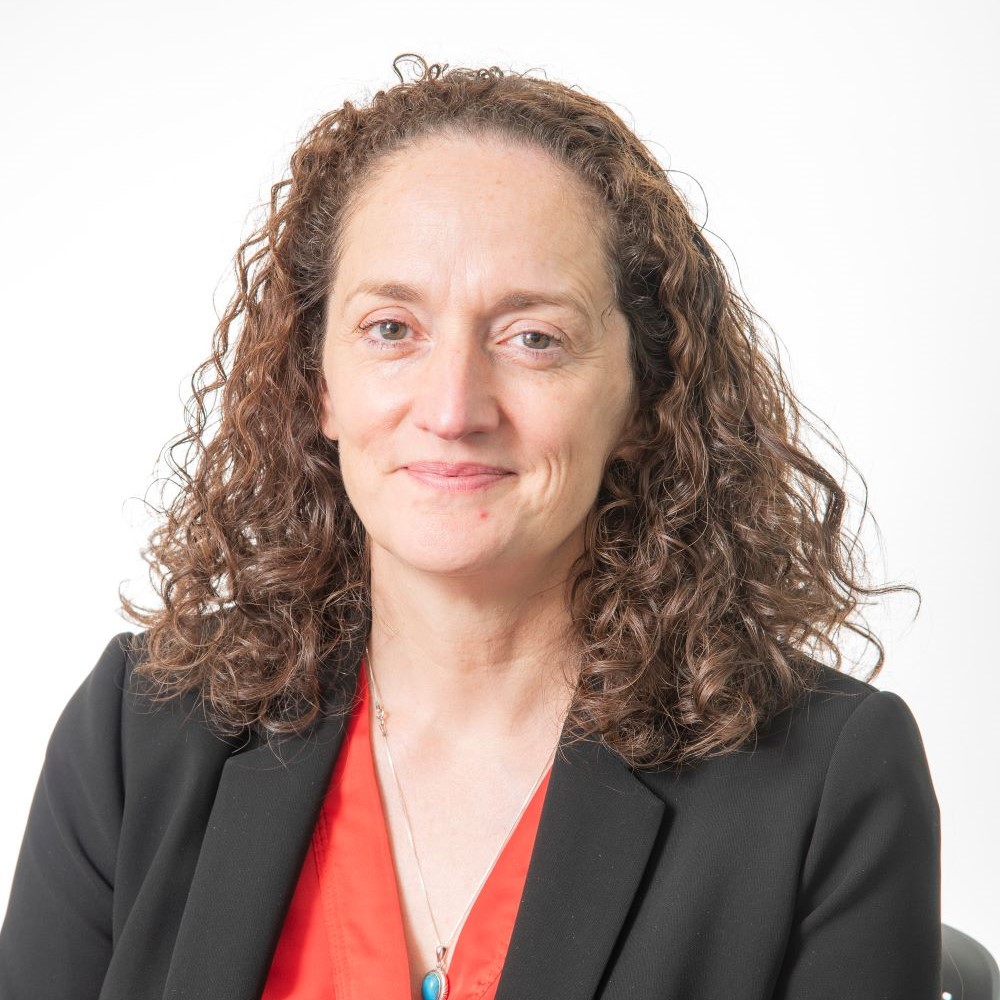
Alison White joined the Board in October 2019. She qualified as a Social Worker from Robert Gordon University 20 years ago.
Alison was Head of Adult Services and Chief Social Work Officer for Midlothian Health and Social Care Partnership before taking up the role of Chief Officer of the West Lothian Integration Joint Board in July 2021. Alison is passionate about developing person centred, human rights-based services.
Our staff
The teams who do the day-to-day work of the Commission and are the first point of contact for the public.
Executive team
The executive team carries out the strategic leadership and management of the Commission.
Register of interests 2025-26 (Executive team)
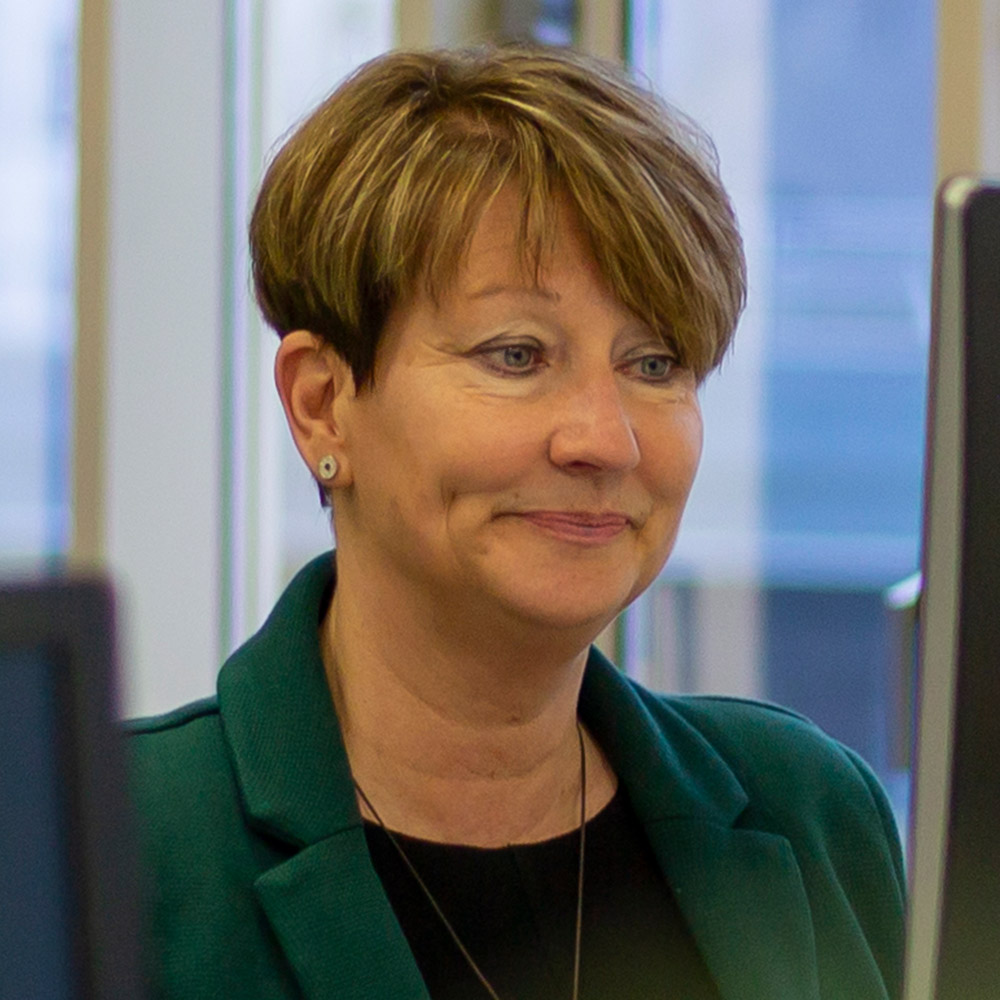
Julie Paterson - chief executive
Julie Paterson was appointed chief executive of the Mental Welfare Commission for Scotland in August 2020. Julie’s first degree was in psychology before completing her Masters in social work. Julie qualified as a mental health officer in 1997 and worked across a range of operational and managerial roles within the social work service prior to becoming head of Adult Social Work Services and designated Chief Social Work Officer. Prior to joining the Commission she had been a senior manager in health and social care for five years retaining responsibility for adult social work services and also leadership and transformation across a diverse range of health services including NHS children’s services, health promotion, mental health, learning disability, psychology and addiction services.
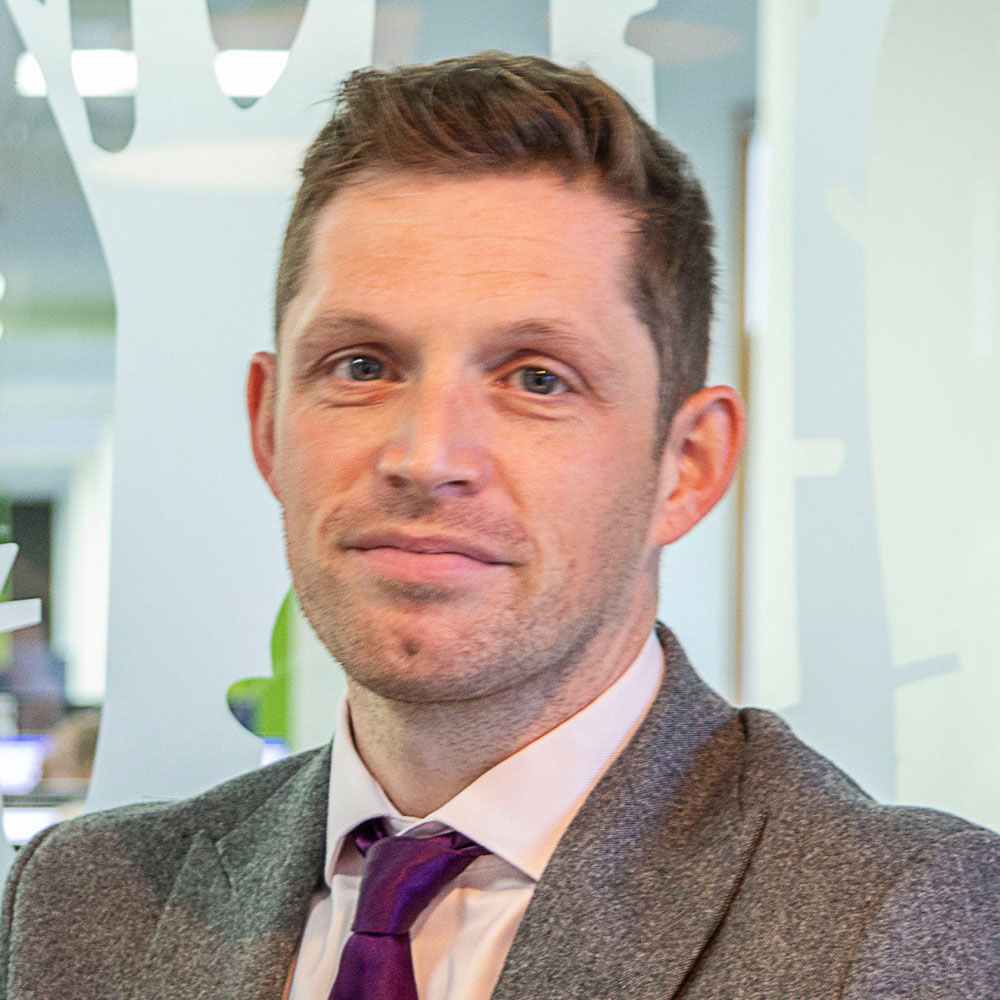
Ashley Dee - head of culture and corporate services
Ashley’s background is in law and his experience spans leadership and governance roles. He’s an experienced solicitor, dual qualified in both the England & Wales and Scotland jurisdictions, and has worked for a large law firm, a UK government inquiry and the SSSC. He has 11 years’ experience at an international medical defence organisation progressing into leadership roles where he managed large multi-disciplinary teams. Whilst there, Ashley acquired significant strategic change experience and - more latterly – led a governance function responsible for managing global third party supplier risk and performance.
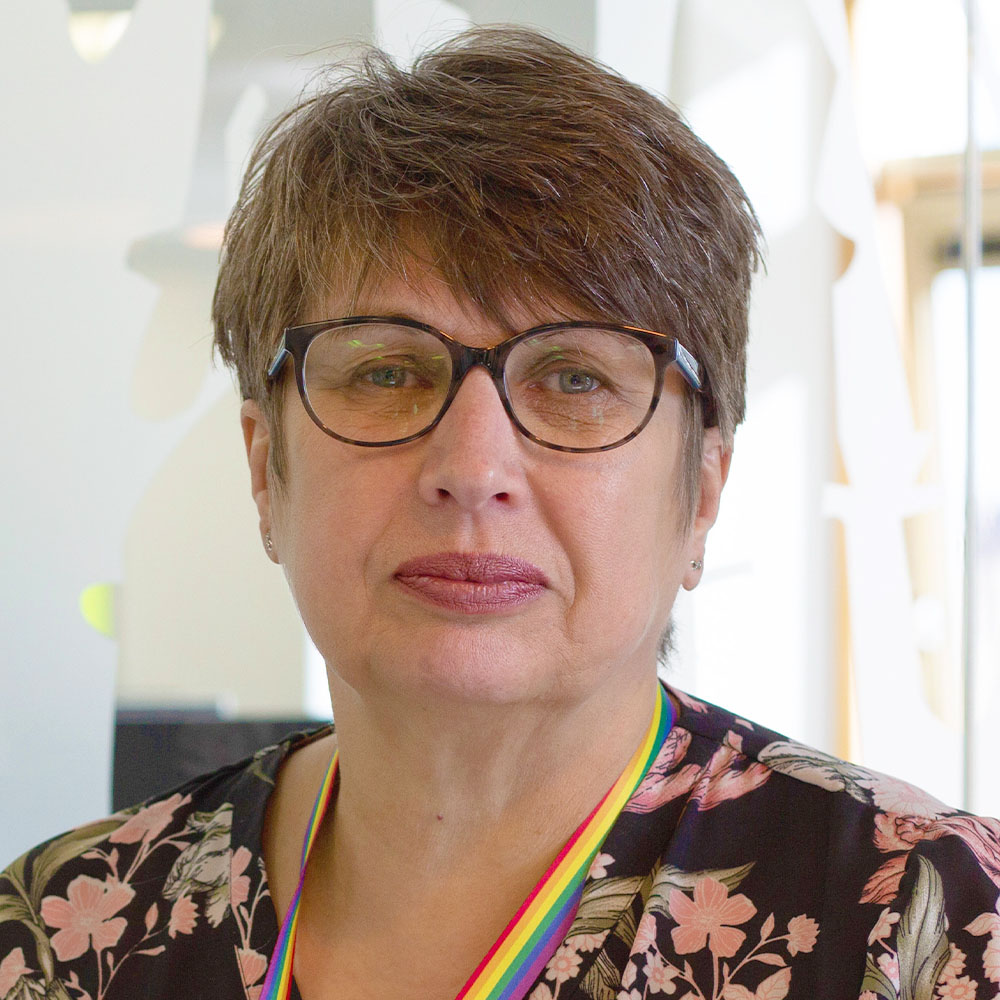
Julie O'Neill - business change and improvement manager
Julie joined the Commission in December 2021 as our new business change & improvement manager from the NHS where she had work for 28 years. Julie started her career as office manager then moved into a variety of roles including quality co-ordinator, clinical effectiveness facilitator in mental health services, clinical governance lead within a community health partnership, business manager within a health & social care partnership and more recently her role prior to starting at the Commission was as a service manager within public health.
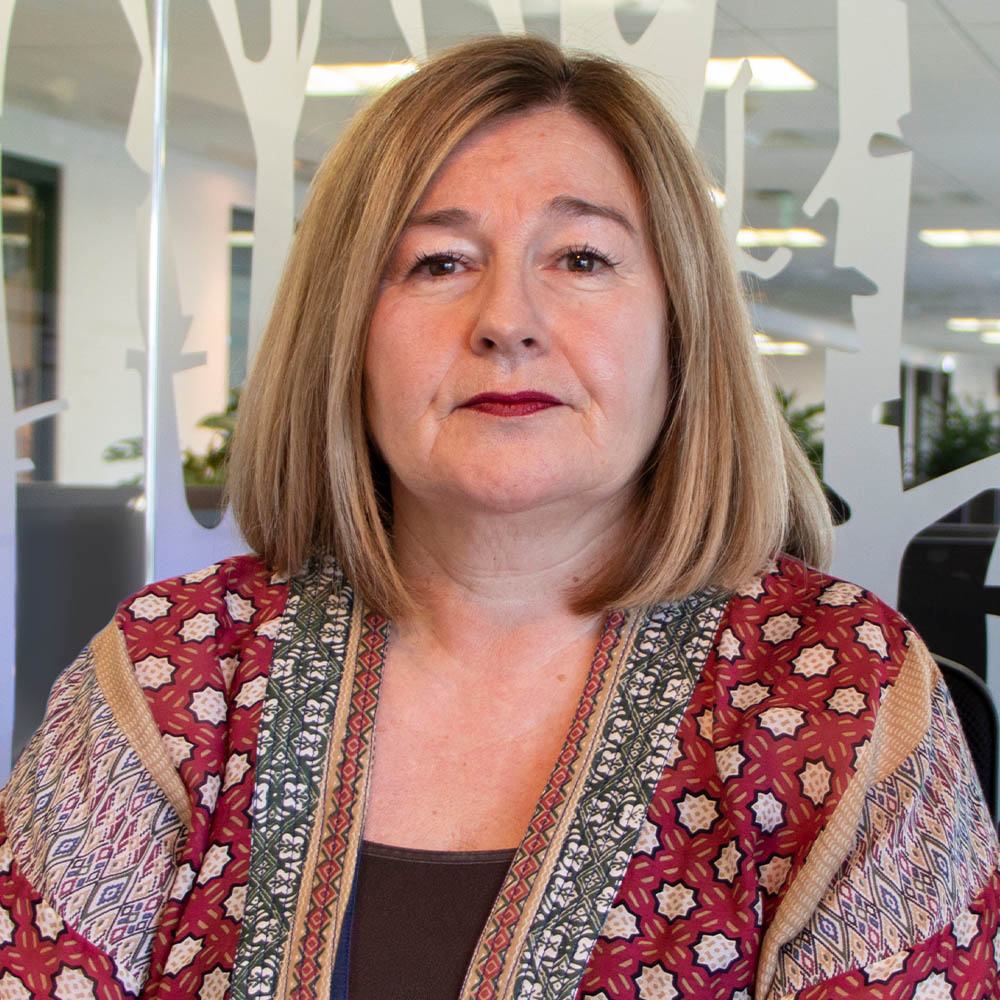
Claire Lamza - executive director (nursing)
Claire joined the Commission in 2017 as a nursing officer. She then became one of the first senior managers in the organisation, before her recent appointment in 2022 as executive director (nursing). Claire has held a number of clinical and operational roles across a range of healthcare settings prior to joining the Commission. She has maintained an interest in specific areas such as forensic mental health and rehabilitation. As the most senior professional nurse within the Commission, Claire has worked with the Royal College of Nursing as a forum chair and more recently on the RCN Board (Scotland); she is also co-chair of the Mental Health Nurses Forum (Scotland).
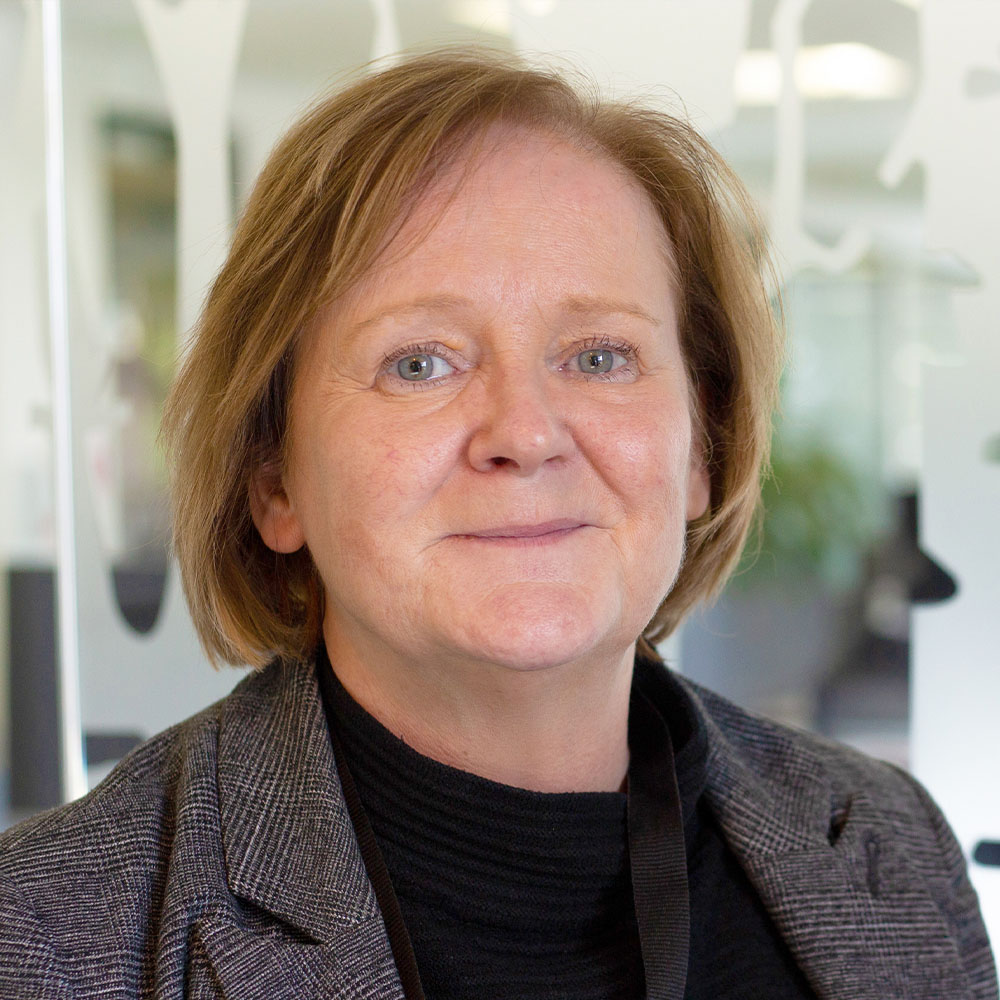
Suzanne McGuinness - executive director (social work)
Suzanne joined the Commission in 2021 as executive director (social work). Suzanne studied law and then social work. She has experience of working in legal roles, in prisons and across a number of roles in a large health and social care partnership area, most recently as the professional social work lead for the partnership reporting to the director. Suzanne has a keen interest in the law and rights-based practice and has experience of working with people of all ages in the community in both statutory and third sector organisations, in addition to working with people within prisons and people affected by imprisonment in the community.
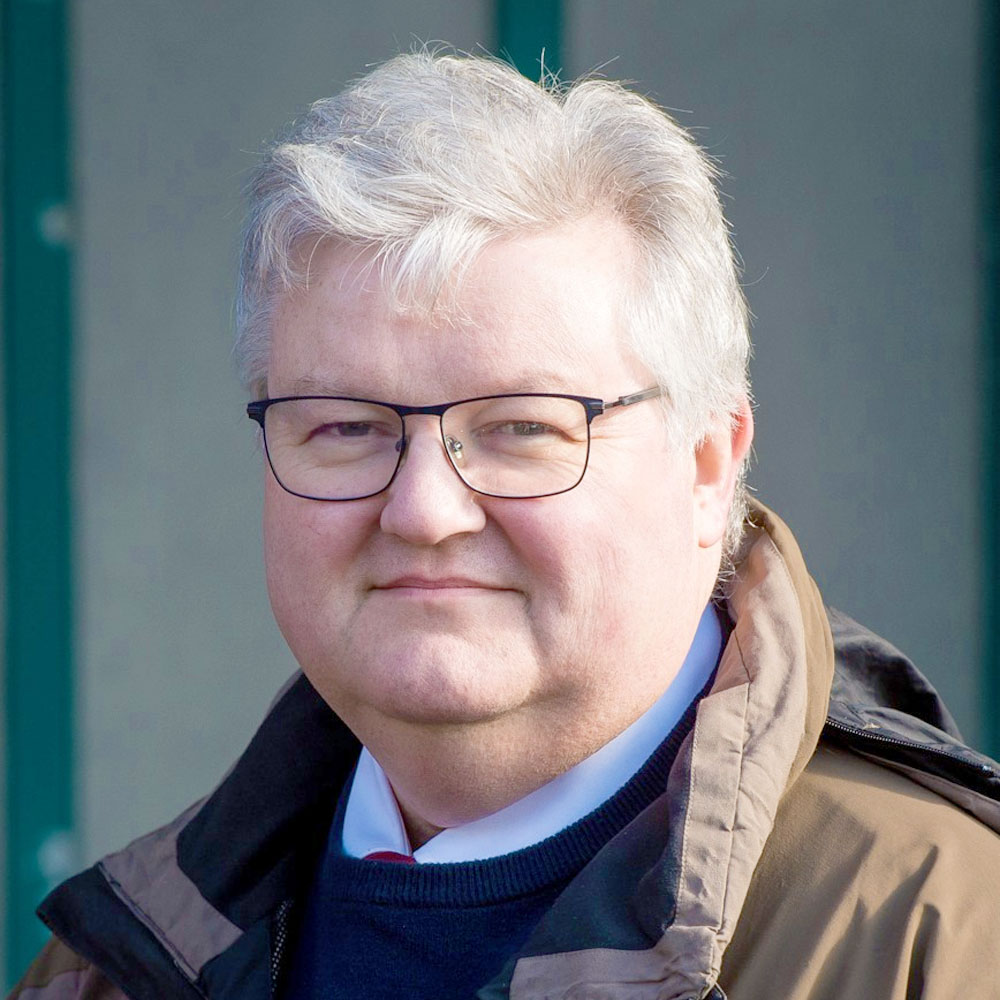
John Crichton - executive director (medical)
Dr John Crichton joined the Commission in 2025. John is an experienced forensic psychiatrist and medical leader with over two decades of clinical and policy expertise. He has served as a Consultant Forensic Psychiatrist and played a central role in developing Scotland’s forensic mental health services. His contributions include authoring the Forensic Mental Health Blueprint and designing the Matrix of Security Framework—both of which have shaped national standards of care.
John has held a range of senior leadership roles including within the Royal College of Psychiatrists, including Chair of RCPsych in Scotland and, most recently, Treasurer. In these roles, he led national campaigns to improve mental health services, championed the rights of people subject to mental health legislation, and helped shape policy on a wide range of issues.
John is an Honorary Professor at the School of Law, University of Edinburgh and has contributed to major Scottish Government reviews on mental health and capacity law and is widely recognised for his commitment to advancing human rights, ethical practice, and systemic improvement across mental health care.
Staff team
We work across the whole of Scotland. Our visiting, monitoring and casework is organised across two geographical teams.
Each team consists of health and social care professionals and is supported by our administration team. Our visitors and the Commission consultant psychiatrist work across the two teams.
These teams are backed up by our corporate services team who look after our finances, human resources, information systems and communications.
Advisory committee
The Commission is supported in its work by guidance and advice from our Advisory Committee.
The Advisory Committee is a statutory Standing Committee of the Board under the Mental Health (Care and Treatment)(Scotland) Act 2003.
Advisory Committee Members
- AHP Dementia Expert Group
- AHP Strategic Mental Health Leads
- Alzheimer Scotland
- Bipolar Scotland
- British Psychological Society
- Carers' Trust Coalition of Care and Support Providers Scotland (CCPS)
- Enable
- Forensic Carers Network
- Health & Social Care Scotland (HSCP Chief Officers Group)
- Law Society Mental Health Subgroup
- Learning Disability Alliance Scotland
- Learning Disability Nurses Forum
- LGBT Health & Wellbeing
- MECOPP
- Mental Health Foundation
- Mental Health Nurses Forum
- National Autistic Society
- NHS Health Scotland
- PAMIS
- Royal College of GPs
- Royal College of Psychiatrists in Scotland
- Scottish Association for Mental Health
- Scottish Association of Social Workers
- Scottish Commission for Learning Disabilities
- Scottish Dementia Working Group (SDWG)
- Scottish Human Rights Commission
- Scottish Independent Advocacy Alliance
- Scottish Recovery Network
- Social Work Scotland
- Support in Mind
- Voices of Experience (VOX)
Visiting people
One of the best ways to check that people are getting the care and treatment they need is to meet with them, and ask them what they think.
We visit people in hospital, in their own home or in a care home, in secure accommodation, or in any other setting where they are receiving care and treatment. About a quarter of our visits are unannounced.
We produce reports on all of our visits to people using services, so that services can learn from them and improve the care and treatment they provide. We never identify people in our published reports.
We regularly visit mental health and learning disability services. We do this through either:
Local visits - to people who are being treated or cared for in local services, such as a particular hospital ward, a local care home, local supported accommodation, or a prison. We produce reports after each of these visits and make recommendations for change when necessary, which we will follow up if we feel progress is not being made.
We publish local visit reports on our website and you can find them here.
Themed visits - to people with similar health issues, or in similar situations, across the country.
We publish themed visit reports and you can find them here.
Welfare guardianship visits - where we visit people who have a court-appointed welfare guardian. The guardian may be a family member, friend, carer, or social worker.
Monitoring visits - where we visit people who are subject to specific areas of mental health and incapacity legislation, due to our statutory duty to monitor the operation of the law in this area. On these visits we look at compliance with the legislation, and at the experience of people who are receiving treatment. We also look for examples of good practice that we can share.
Other visits - for example, we visit when someone who is detained in hospital in England, Wales, or Northern Ireland is transferred to a hospital in Scotland. We also visit some young people admitted to an adult ward.
Watch our film about our visits below.
This film is available with BSL translation here.
Monitoring the Acts
What do we monitor?
We monitor the Mental Health (Care & Treatment) (Scotland) Act 2003 and the welfare parts of the Adults with Incapacity (Scotland) Act 2000.
The law says that the people providing care and treatment must let us know if a person has been:
- detained under the Mental Health Act
- detained without the consent of a mental health officer
- placed under a compulsory treatment order
- given care and treatment that is not in line with his or her advance statement,
or if: - a compulsory treatment order has been changed in an important way
- a welfare guardian has been appointed to make decisions on another person's behalf
We check the paperwork we receive and let the professionals responsible, and the person concerned, know if we think there is a problem. If our monitoring work shows up a serious problem, we might follow this up through a visit or an investigation.
Annual monitoring report
We pull together and analyse the information we receive to create a picture of how these laws work regionally and nationally. We publish annually information on trends and provide data that allows health boards and local authorities to compare their use of the law against other parts of Scotland.
View our latest annual monitoring reports
We will produce statistics and analysis on the use of mental health and incapacity legislation within six months of the end of the year.
Themed visit reports
As well as producing general monitoring and trend data on the use of mental health and incapacity law, we also produce themed visit reports on areas of care and treatment where we have particular concerns. These monitoring reports identify any issues with the way the law is used. We highlight these issues, and recommend changes, to policy makers and service providers.
We also visit a sample of people on guardianship orders.
MHA and AWIA forms
A list of Mental Health Act and Adults with Incapacity forms, including RES forms, ADM forms and Appendix A and E.
Investigations
If we think that someone with a mental illness or learning disability is not getting the right care and treatment, we will look into it.
We may conduct an in-depth investigation, if we believe there are valuable lessons to be learned across Scotland.
We are particularly keen to investigate when we think other people may be having similar problems, and where there have been mistakes that we feel other professionals could learn from. We want to help make sure the same things don't happen again to other people in similar circumstances. Sometimes, after initial investigations, we find nothing of concern. Other times, we want to look further into the case.
When we do this we publish the results and recommendations from our investigations. We then follow up with services to find out what changes they have made in response to our recommendations.
How do we decide to investigate?
We usually find out about cases through our visits to individuals or services. We might also follow up on a call to our advice line, or if we see something in a individual's paperwork that concerns us.
Most of the time we can deal with issues by talking or writing to people, saying what our concerns are, and asking for certain actions to be taken.
If we are very concerned about an individual's care and treatment, and think that their case highlights wider concerns within the health, social care or justice system, we may decide to investigate further.
When this happens, one of our practitioners will take the case to our Operational Management Group. The group will discuss the case and decide whether a full investigation is required and what form that investigation will take. An investigation team will be set up to gather and review information.
How do we investigate?
We review individual case notes. We will ask for copies of all relevant health and social care files. Our review of files may be supplemented by correspondence with the professionals responsible for the person's care and treatment.
If the causes are not clear, or if there are conflicting views of what happened, we might decide to conduct recorded interviews with the people involved. A Commission practitioner will also talk to the person, or people, concerned and/or their family and carers to find out their views on what went wrong.
What happens as a result of an investigation?
Our investigation team will review the evidence, put together a picture of what happened, suggest where things went wrong, and make recommendations for change. A report will be published and sent to the organisations that we think need to review and respond to our recommendations.
Investigation reports
We carry out an investigation when we believe something may have gone seriously wrong with an individual's care and treatment. Here you can view all of our investigation reports.
Information and advice
If you need information or advice about your rights in relation to mental health care and treatment, or you are concerned about someone else's rights and welfare, we will try to help.
If we cannot help directly, we can refer you to other organisations who should be able to.
We give advice and information about rights and best practice in relation to two laws:
- the Mental Health (Care & Treatment) (Scotland) Act 2003
- the Adults with Incapacity (Scotland) Act 2000
Our website provides answers to questions that patients and members of the public, carers, and professionals have asked us. The Scottish Government has a series of Mental Health Act Topic Guides on different aspects of the law and how these might affect you or someone you know.
If you are concerned that your care and treatment is not in line with what the law says, please contact us. We may be able to help put things right.
Advice line
Our telephone service is available Monday to Thursday 9am to 5pm, and on Fridays from 9am to 4.30pm.
We use a callback system where we take brief details of your query and a contact number. This means our staff can try to look into some background on your query before calling you back.
Call us on 0131 313 8777. We also operate a freephone number, 0800 389 6809, for service users and carers only.
Leaflets for Individuals
We produce patient service user and carer leaflets to explain our role, help people understand their rights, and to promote best practice in the use of mental health and incapacity law.
How we use social media
To keep the public informed about our work, we have accounts on X (Twitter) and LinkedIn
Having a presence on these sites also allows us to gauge public opinion on a variety of subjects related to our work in Scotland.
Here's a list of the kind of information we regularly communicate via social media:
- Our latest publications, including investigations, good practice guidance, and statistical reports
- Upcoming events
- Information on what our staff are doing
- Social reporting from our events
- Blog posts or opinion pieces
- Our responses to consultations from the Government and other organisations
- Surveys or invitations to participate in our consultations
- Job vacancies at the Commission
We may also share information from our wider network. This may include:
- Media stories relating to our work in Scotland
- Links to campaigns or blog posts by other organisations or individuals working in our field
- News stories about issues that are relevant to our work
- Conversations or hashtags from events that relate to our work
- Important legal decisions
- Stories and subjects we look at
- Case studies of good practice
- Things we find interesting - not necessarily within our remit
- Stories we don't agree with, explaining why (e.g. poor portrayals of mental health in the media)
- Information about events, jobs or training that may be of interest to our followers
When we share this information, it does not imply that we endorse the message. It simply means that we think our followers might be interested.
What you can expect from us
If you follow us on social media, you can expect approximately ten updates per week, bringing you the latest information from our website and our work.
If you follow us on social media, we will not automatically follow back. Being 'followed' by the Mental Welfare Commission does not imply endorsement of any kind.
Communicating with you
We read all direct messages and @ messages to ensure that any emerging themes, or helpful suggestions, are passed to the relevant people in the Mental Welfare Commission. We also keep track of your replies and respond if we feel it would be appropriate to do so.
We retain the right to remove any comments that we feel to be inappropriate for a public forum.
If your public message has implications for an individual's personal identity (in line with data protection legislation) or if you publicly request information not routinely made available by us (via the Freedom of Information Act), then we will take such messages and requests offline and handle in a more appropriate manner.
For more information on Freedom of Information requests, visit the Freedom of Information section of our website.
Social media is not the best forum for discussing individual cases. If you have an in-depth question or problem, you can phone our advice line on 0131 313 8777 or freephone 0800 389 6809 for service users and carers.
Availability
Our social media accounts are managed by a part-time member of staff, and as a result it may take us a couple of days to see or respond to messages. We do not monitor social media at the weekend, or outside normal working hours.
Social media channels may occasionally be unavailable and we accept no responsibility for lack of service due to the platforms' downtime.
Follow us on Twitter
The Mental Welfare Commission is on X (Twitter) and LinkedIn. Follow @mentalwelfare for the latest on the rights and welfare of people with mental illness, learning disability or related conditions.
Influencing and challenging
We are often described as a mental health 'watchdog'.
It is true that we look into situations where something has gone wrong in mental health and learning disability services, but we also work to improve policy to help safeguard people and prevent things going wrong.
In our watchdog role, we draw attention to mistakes and ask people to learn from them. In our 'guide dog' role, we use our unique overview of mental health and learning disability services to help Scottish Ministers and service managers shape policy. This way we aim to help develop services that safeguard rights, and improve care and treatment for people with mental illness, learning disability, dementia and related conditions.
We have a unique overview of mental health and learning disability services in Scotland. Our monitoring work and our visiting programme give us an insight not only into how government legislation is being used, but how that impacts on individual rights and effective care and treatment. We share the information we develop with government, calling for changes in national policy and legislation where we think these are required. We have representation on the Scottish Parliament's Mental Health Cross Party Group and Learning Disability Cross Party Group.
We hold annual meetings with senior executives of health boards and local authorities. At these meetings we can highlight service policy issues that we believe ought to be addressed. We ask services what they have done in response to recommendations from visits to services in their area. We also ask what they have done to act on any relevant recommendations and learning points from our investigations into care and treatment.
When we have concerns about an individual's care and treatment we report these to the people most directly responsible and ask them to take any action required. If we do not get a response, we will escalate this request further up the management level. Where an issue is very serious, and is not resolved by the services involved, we can escalate our concerns right up to Scottish Ministers.

